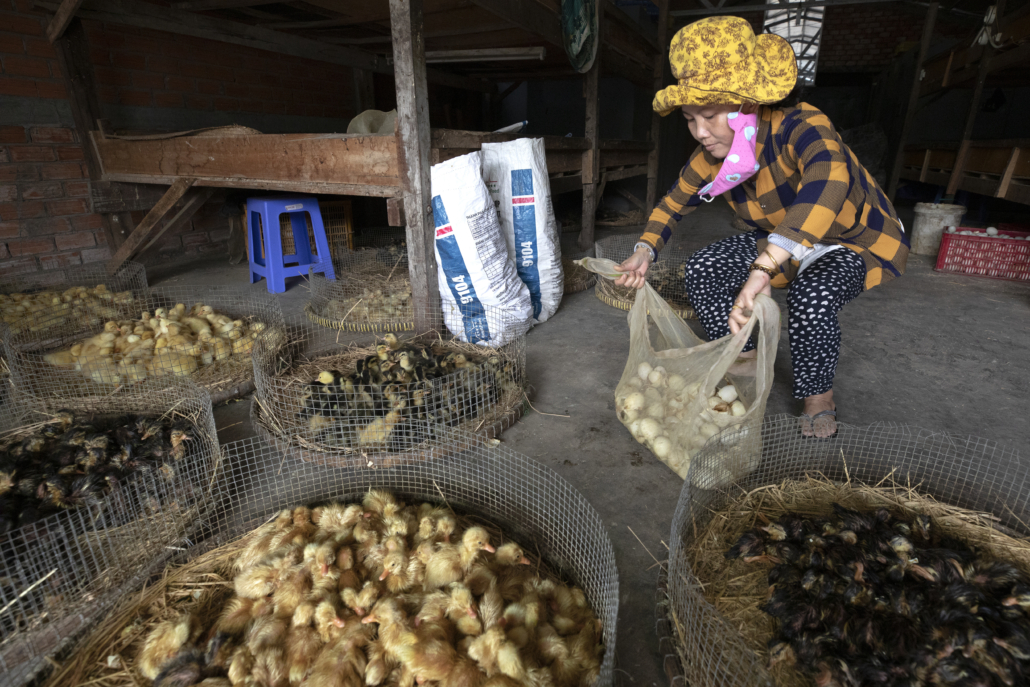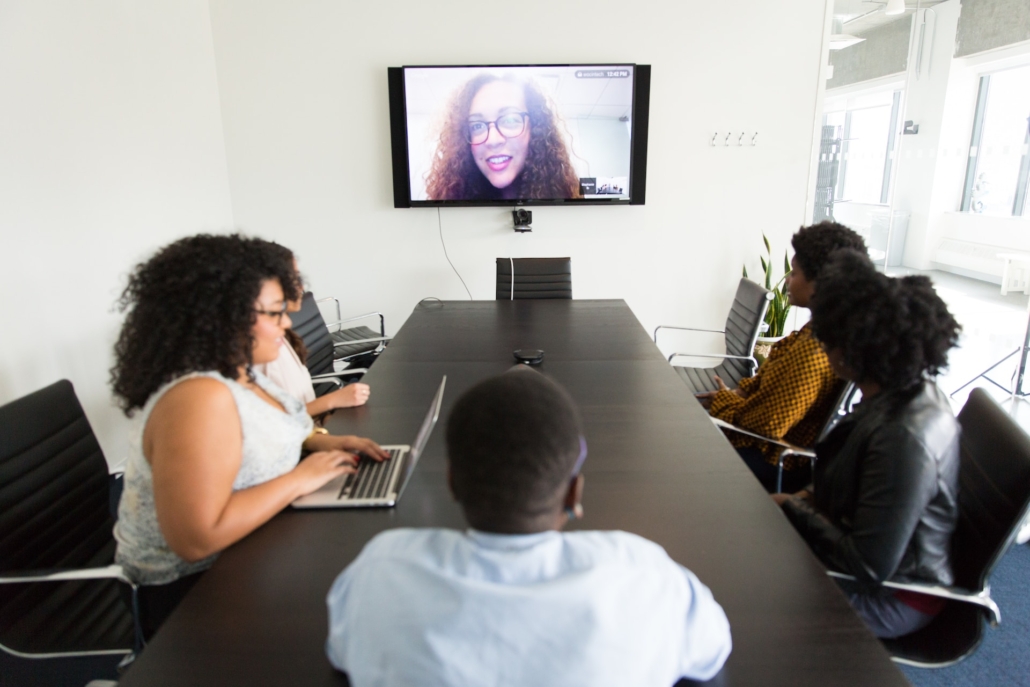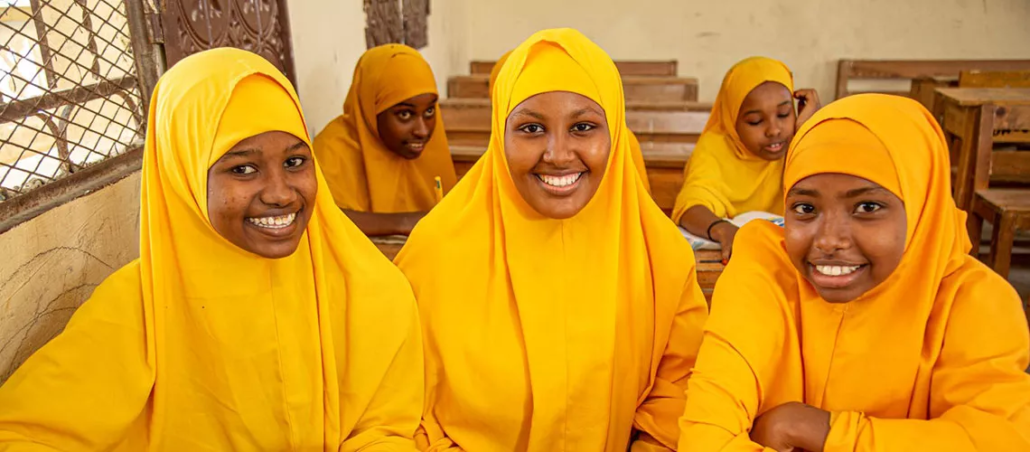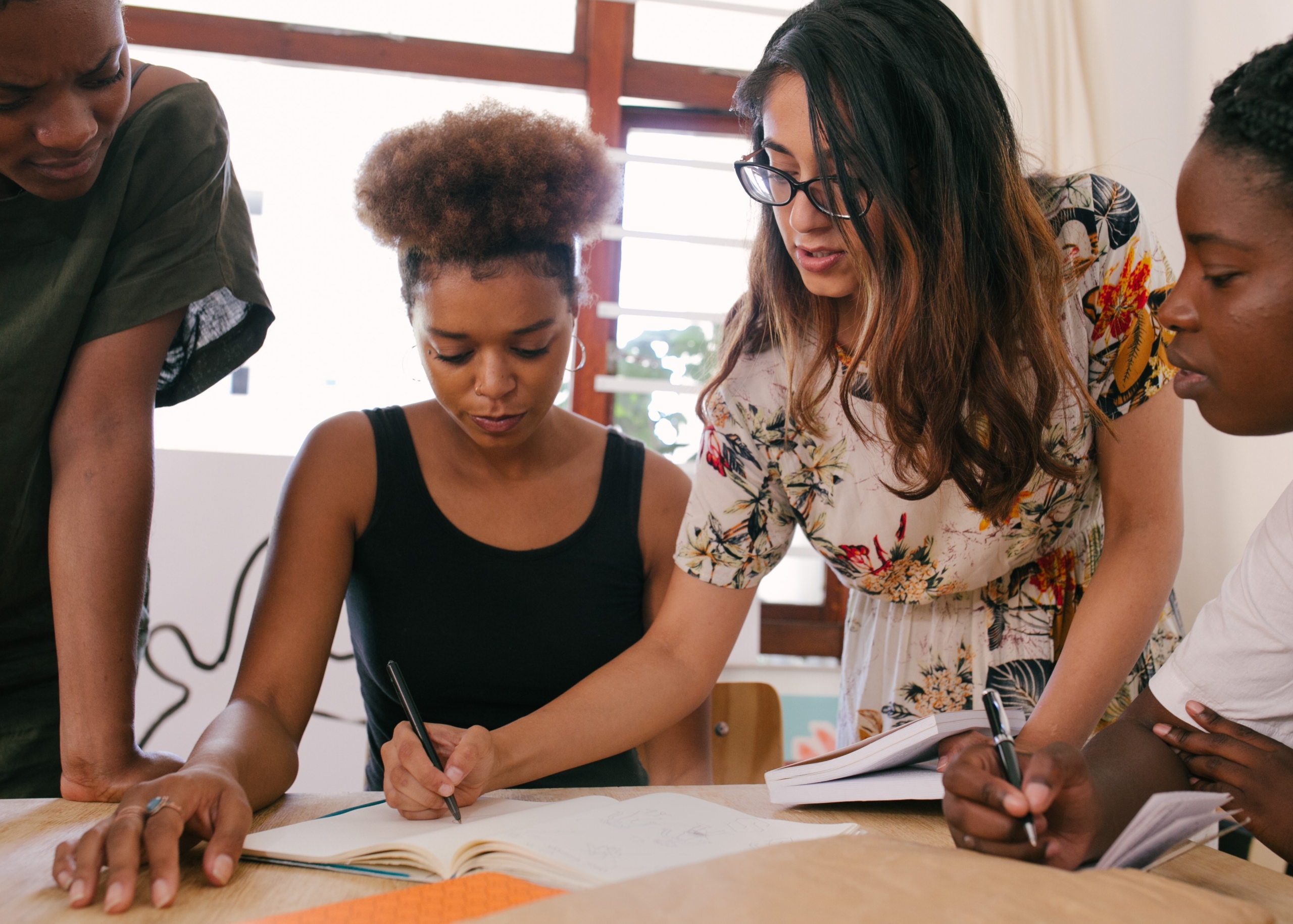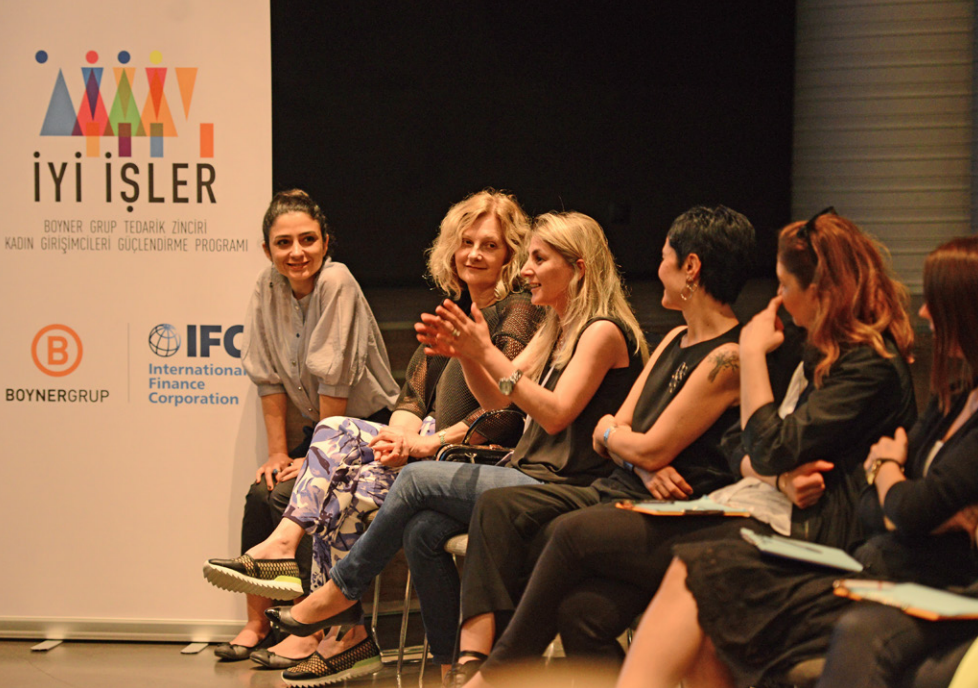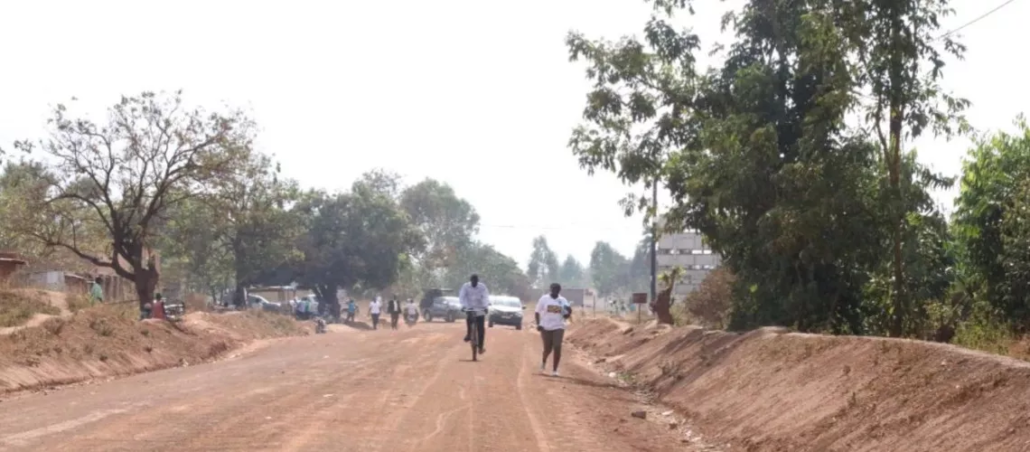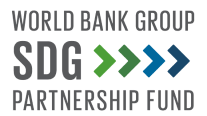WOMEN AND COMMUNITY ENGAGEMENT
TOOL SUITE 3
WHAT’S IN THE TOOL SUITE?

Benefits of Women and Community Engagement
Engaging Women Improves Projects—and Entire Communities

TOOL SUITE 3
HOW TO USE THIS TOOL SUITE
How Does Gender Affect Operations in Local Communities?

- Conduct company self-assessments to understand how well company community engagement activities and user engagement activities address gender dynamics.
- Develop a terms of reference to incorporate an independent gender expert into community engagement activities.
- Integrate gender concerns into baseline community assessments and social impact assessments.

How Can You Develop Gender-Sensitive Community Engagement Programs?

- Ensure women’s equal participation in consultations for infrastructure projects and community initiatives.
- Include women in COVID-19 interventions and other emergency planning and response.
- Ensure women benefit from livelihood restoration programs.
- Include women in participatory monitoring and evaluation, as well as grievance mechanisms for project-affected communities.
- Minimize disproportionate harm to women in resettlement processes.
- Ensure community initiatives reflect the priorities of men and women.
- Create economic development and empowerment opportunities for women.
- Build women’s entrepreneurship communities.

How To Institutionalize Gender-Sensitive Community Engagement?

- Measure and evaluate gender aspects of infrastructure projects and community initiatives.
- Use a community scorecard to gather community perspectives and empower women to drive change.

Fast Facts
GENDER INCLUSIVE COMMUNITY ENGAGEMENT
 77%
77%
Source: World Bank
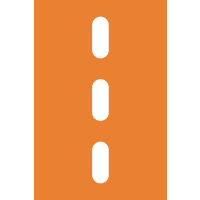 3465
3465
Source: World Bank
 11%
11%
Source: IFC
